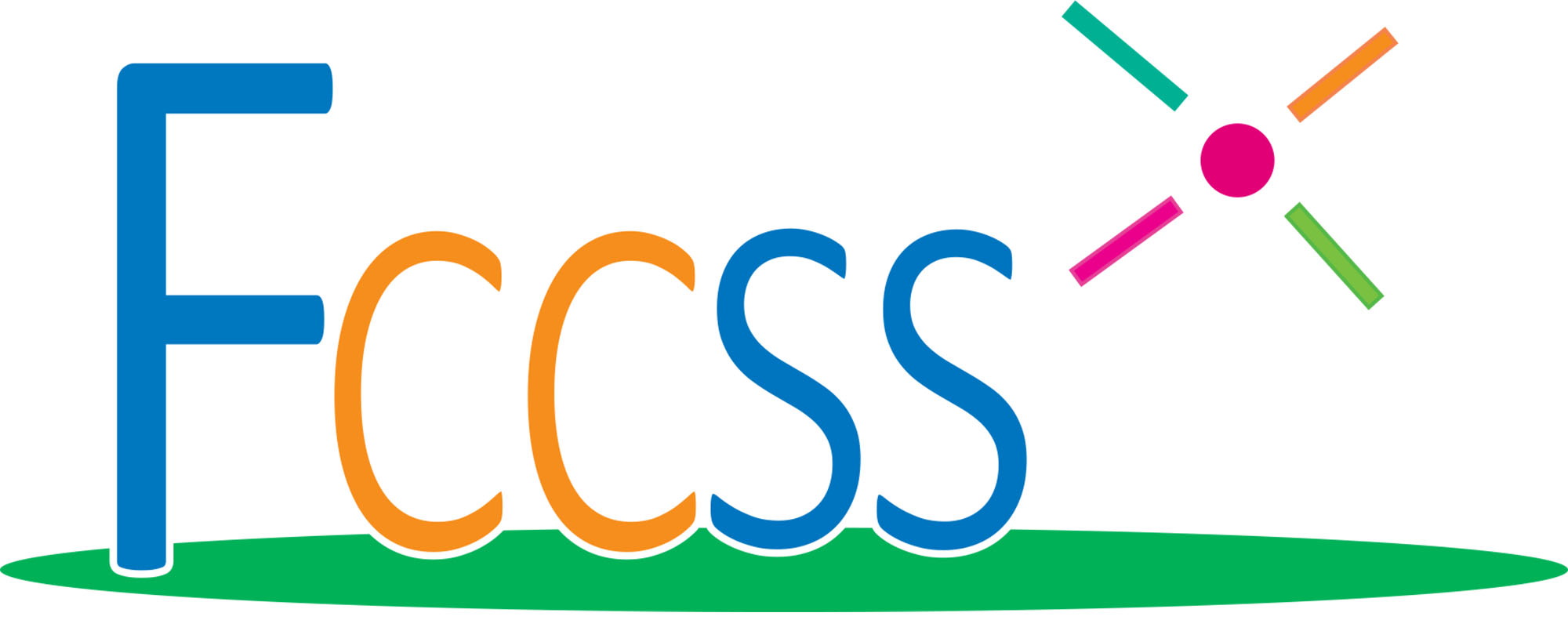Study Objectives
Every year in France, 1750 new cases of cancer are diagnosed in children less than 15 years of age, and 800 cases in adolescents aged 15-19 years old. In other words, one child in 440 will develop cancer before the age of 15 in France. For 50 years, the therapeutic progress has allowed a progressive increase in the survival rate for children and adolescents. Actually, about 80% of patients are now cured, even if there are some differences depending on the tumour type. There are now in France about 50,000 adults who were diagnosed and treated for cancer before the age of 20.
As the survival rate has increased, doctors and researchers have become increasingly aware of the harmful effects of treatment. Awareness of these harmful effects of treatment has been slow because iatrogenic effects are long-term effects, which sometimes appear decades afterwards.
The main objective of the FCCSS is to investigate the overall long-term outcomes of children and adolescents treated for cancer.
More precisely, the aims of the FCCSS study are to:
- Identify and quantify the long-term effects of treatment,
- Identify and quantify the risk factors associated with the long-term effects, in order to minimize the risks associated with treatments,
- Identify individual genetic susceptibility to long-term effects,
- Analyse the impact of cancer and its treatments on patients’ quality of life, education, employment, family life…
The expected results of the study also include:
- Improved paediatric oncology protocols through better anticipation of long-term risks of treatments,
- The set-up a long-term follow-up clinic,
- Contributions to the long-term follow-up care of survivors, based on identification of their specific needs,
- Contributions to the development of national guidelines for mid- and long-term monitoring of survivors.
